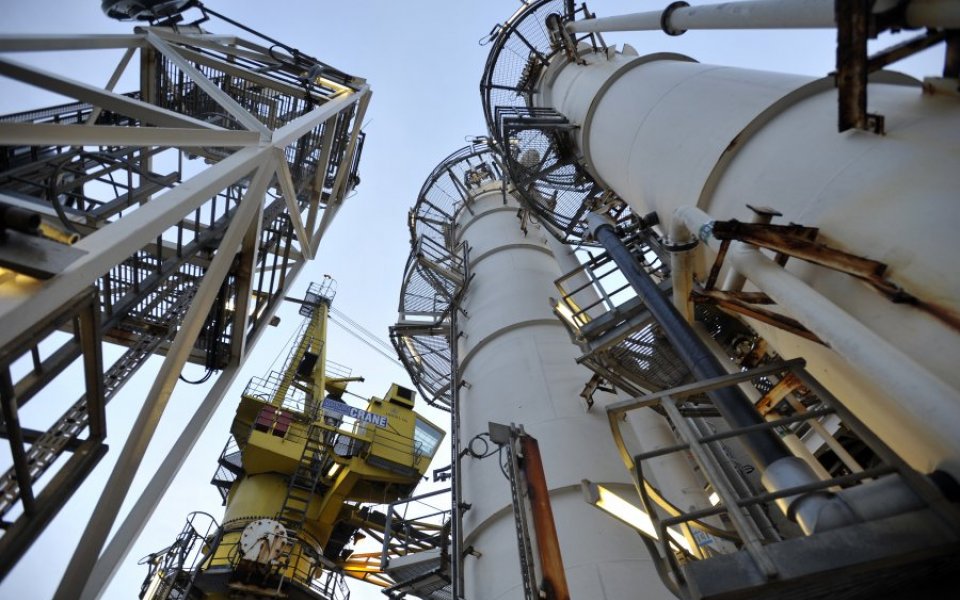Premier Oil share price falls as losses widen on oil price rout

The figures
The UK-based Premier Oil's pre-tax losses swelled by 128.9 per cent to $829.6m in the year ended December 31st, up from $362.5m in 2014.
The independent oil and gas company also announced $583.5m of impairment charges on lower near-term oil price assumptions, mainly relating to its North Sea Solan field project.
Revenue fell 35 per cent to $1.1bn while oil and gas output slumped nine per cent to 57,600 barrels of oil equivalent a day. Meanwhile, total net debt increased to $2.2bn, up from $2.1bn.
Premier shares fell as much as 7.4 per cent to 38.18p per share today, briefly taking it to the bottom of the FTSE. They've recovered later in the morning to trade down 1.82 per cent at 40.5p.
[charts-share-price id="106"]
Why it's interesting
Premier Oil's widening losses and write down will come as no surprise to investors, who've witnessed a string of energy companies take a hit from oil prices tumbling around 70 per cent from a high of over $100 per barrel in June 2014.
To weather the rout, it's making cost cuts and adding long-term value by making acquisitions in the low oil price environment. Along the same line, the company snapped up E.ON's North Sea assets earlier this year.
Premier said that this – alongside the start of production at Solan – will help boost total production to between 65,000 and 70,000 barrels per day this year. The acquisition increases its hedges against low oil prices, it added.
The company assured it has "significant liquidity" with cash and undrawn bank facilities totalling $1.2bn. However, it may have to seek more favourable debt repayment terms if low oil prices persist.
What Premier Oil said
"Despite the significant reduction in oil and gas prices, reflected in our results today, 2015 was a year in which we exceeded production guidance, added to reserves, achieved notable exploration success and reached agreement on a value-adding acquisition," Tony Durrant, chief executive, said.
"We also reduced operating costs by over 25 per cent, significantly cut back on current and future development spend and disposed of negative cash flow assets."
"Our forward plan includes further actions to reduce debt, positioning ourselves for a prolonged period of lower oil prices, whilst continuing to take actions to build longer-term value for a recovering commodity environment."
In short
Premier Oil's widening losses and write down show the impact of low oil prices, nevertheless it's shoring up its balance sheet and making acquisitions to weather the rout.